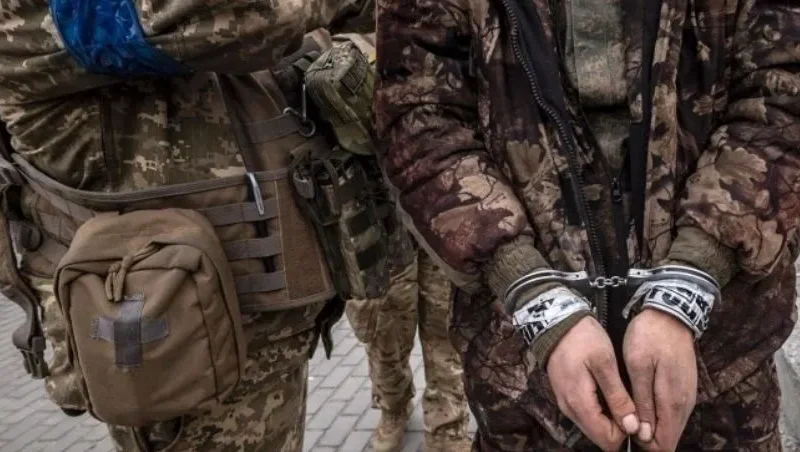A hotline set up by Ukraine for Russian troops to seek advice on surrendering has been inundated with calls, a spokesman for the service has confirmed.
“We have already received more than 2,000 applications,” Vitaliy Matviyenko, spokesman for the I want to Live hotline told British newspaper the Daily Express on Monday, Oct. 4.
“Both servicemen of the Russian army and their relatives who want their sons and husbands to stay alive are calling.
“Among other things, we are talking about three meals a day, medical care, and the opportunity to contact relatives. The only chance to avoid death in Ukraine is to surrender.”
Russian soldiers calling the hotline are informed of the process for surrendering and reassured they will be treated according to the Geneva Convention.
Andriy Yusov, a spokesman for Ukraine’s Ministry of Defence, said that the hotline had become so popular that even Russian citizens who have not yet been conscripted were calling in for help.
“The hotline has received a lot of calls from Russians who were called up recently, and even from some who have not even been called up yet,” he said.
“They’re calling and asking ‘What should I do if I get called up? What do I have to do, what’s the right way to surrender?’”
Since Putin announced on Sep. 21 that he would be drafting around 300,000 reservists to fight in his ongoing illegal invasion of Ukraine, thousands of Russians have taken to protesting on the streets or fleeing the country.
Many of those fleeing Russia have entered neighboring EU countries, mainly via Finnish and Estonian border crossing points, EU border agency Frontex said in a statement on Sep. 27, adding that around 30,000 had already arrived.
The agency also confirmed that most of those arriving have visas, permits, or dual citizenships. However, it predicted that illegal border crossings will likely increase if Russia closes its borders to potential conscripts.
The former Soviet states of Georgia and Kazakhstan have proven to be the most popular destinations, with Russian citizens attempting to cross by car in the main, but also on foot or bicycles – and photos of piles of abandoned bikes now being widely circulated on social media platforms.
Meanwhile, some Russians have taken to more drastic measures, recently demonstrated in a video clip widely circulated on social media showing a young Russian man getting his friend to break his arm with a sledgehammer.
The clip shows a man raising a sledgehammer and smashing it down onto the arm of the conscripted Russian as he holds it on a wooden bench and covers his face with his other hand.
The draftee then walks away from the bench in a seemingly dazed state, swearing while his limp arm hangs by his side.
It has not been verified if the arm was actually broken or if the man in question managed to evade conscription – but the incident is an example of the stark reality facing many Russians who want to dodge the draft.



